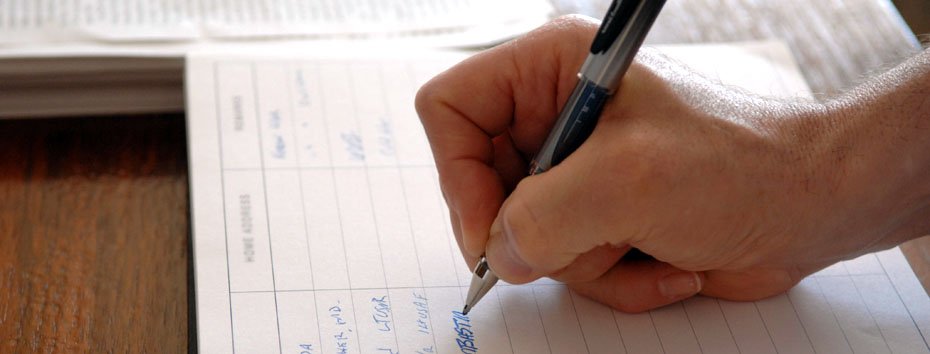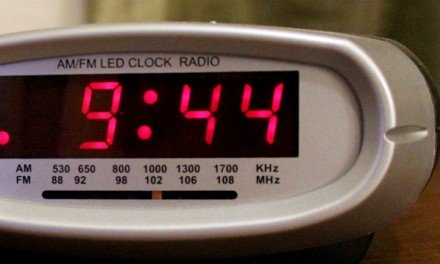Have you ever had something floating around in your head that you could only remember at the wrong times? For example, let’s say you need to ask your boss about next month’s vacation days, but you forget about that at work because you’re busy working on your project. Each day you come home and see your travel brochure and realize that you forgot again. Why is it so hard to do one simple task? Why didn’t I just write it down?
Procrastination Tells Your Brain It’s Not Important
When you come across something you are supposed to do, write it down. Right away. Don’t wait until later, because the more you put it off, the less your subconscious thinks of it. But if you immediately make a note, or put a reminder in your phone, or do whatever you need to do to remember things, the chance of forgetting drops precipitously. This also has the added effect of telling your brain that this is an important item to remember – it received immediate action, so clearly we don’t want to forget it.
Engage More Senses In The Memory Process
Another reason to write it down is that our brain processes information differently when it comes in through audio and visual channels. Some people find it easy to remember things when they were simply spoken, but others don’t remember things until they see it written on a page. What’s more, the memory is strengthened when you write it yourself with a pen and paper. Since more of your brain is engaged in the handwriting process (using those fine motor skills), retention is increased.
The More You Have To Remember…
…the more of it you’ll forget. Our brains have seem to have a limited amount of short term memory capacity. If you are trying to remember your entire grocery list, it better be a short list (probably less than five items). If it gets any longer, you write it down because you don’t expect your brain to remember everything. So why not do the same thing with our chores or work tasks?
Lists Can Be Addictingly Helpful
At work, I always bring a notepad with me to every meeting. I will write down any task that falls to me so that I will make sure it gets done. I even draw an empty box next to the item on the left side of the page so that I can check it off when it’s complete. My co-workers might not know that I make lists, but they know I’m reliable and I will get things done.
At home, I do the same thing with to-do lists. If there is anything I need to do around the house, I add it to a list. If you don’t like checkboxes, you can just use bullets and cross out the whole line when the task is done. This gives a surprising amount of satisfaction when you start accomplishing things on your list, and makes you want to get the next thing done so you can cross off that one, too.
And even though “addictingly” is not a word, many people find that lists quickly become their mind’s best friend.
Write It, Then Do It
The purpose of making lists or jotting notes is to help us be more productive. Whether you use pen and paper, a smartphone, todo.ly, or something else, writing things down can help you achieve your goals. But of course, writing it down doesn’t mean the task is done. It just helps with the ‘remembering’ part — the ‘doing’ part is still on your shoulders. You might as well make things a little easier on yourself though, so keep it simple: write it, then do it.






Recent Comments